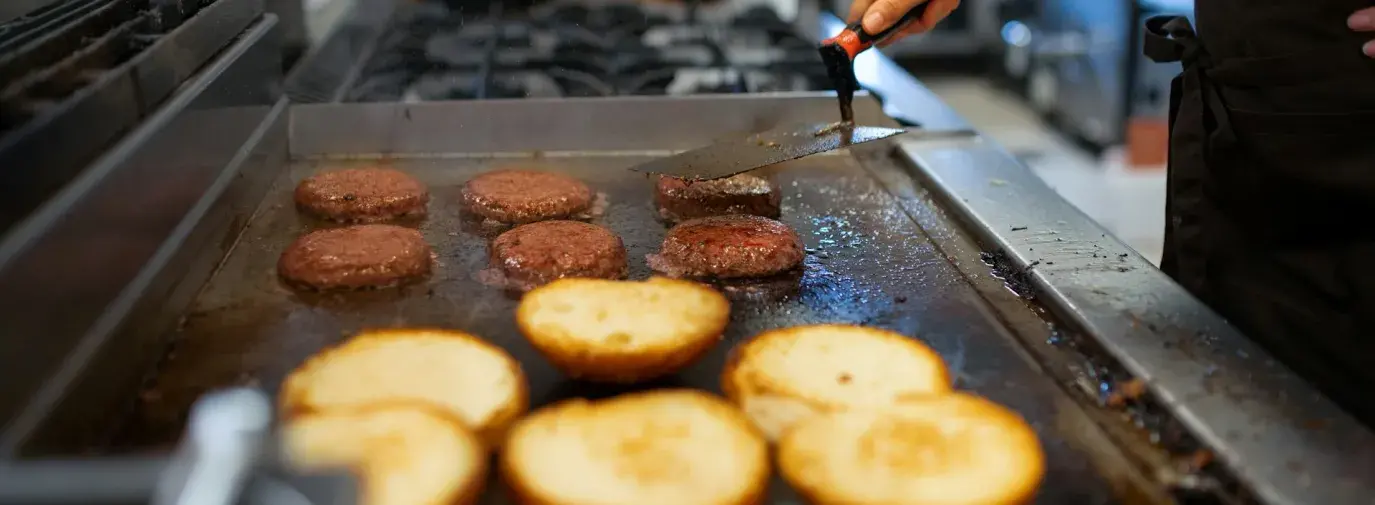
End U.S. Child Labor
In the United States, a rise in child labor violations and exploitation of unaccompanied migrant children has sparked concern. This agenda aims to eradicate child labor and ensure a safer, fairer future for all children.

In the United States, a rise in child labor violations and exploitation of unaccompanied migrant children has sparked concern. This agenda aims to eradicate child labor and ensure a safer, fairer future for all children.
This is an abridged version of the Shared Agenda. Download the full Shared Agenda with detailed recommendations here.
Child labor in the United States has made national and international headlines due to a massive increase in federal child labor violations, state-level roll-backs in child labor protections, and media investigations showing that many children who enter the US unaccompanied are compelled to become child laborers. In mid-2023, the shocking deaths of three children doing hazardous work kept child labor at the forefront of public and political debate.
Behind the headlines, however, are deep-rooted, interrelated injustices driving the surge in illegal child labor and allowing hundreds of thousands of children to work in legal child labor conditions. Central to these are longstanding and discriminatory inequities between laws governing agricultural and non-agricultural work at the federal level, and major gaps in child and social protection measures, particularly for unaccompanied children.
Some policymakers want to turn the clock back a hundred years and expand the child workforce, at the expense of children’s safety, education, and childhoods. No child should be working long hours in dangerous conditions for low pay, but the children who take these jobs do so out of necessity. Overwhelmingly, children involved in child labor are surviving on low-incomes, whether they are unaccompanied migrants or from families experiencing economic hardship. They are disproportionately children of color.
The state-level scramble to create a bigger and younger child workforce, allowed to work longer and later hours, will - at best - deepen educational, economic, and racial inequalities. At worst, it puts more children’s lives in jeopardy. The evidence for this is clear because it is happening in agriculture - which already has lower minimum ages for work and hazardous work, and no restrictions on the number of working hours.
Our shared agenda calls for:
This shared agenda has been compiled by representatives of non-profit organizations, academic institutions, and trade unions working in the fields of child labor and exploitation, labor rights, unaccompanied children, and children’s rights. Critically, it includes the perspectives of survivors and people from impacted communities. It provides clear recommendations to end child labor in all its forms,and will be a critical tool for legislators and practitioners at local, state, and national levels.

We have had many big breakthroughs recently. Major companies across all industries are changing -- proof of the power of consumer pressure. We are witnessing how our economic power is truly changing the world for good and towards a simpler, more sustainable way of living. We are winning and we are opening doors for more businesses to go green.
Learn more...

Big fast-food companies are employing children as young as ten years old to work in dangerous conditions. They also work hours so long that it negatively impacts their education.
We’re calling on The Children’s Place, Carter’s, and H&M to take the next step in sustainability by committing to reduce their use of polyester.
A resource for beginners: Take charge of your finances in four areas - banking, credit cards, property insurance, and investing.
Green America is pushing Artificial Intelligence (AI) companies to use renewable energy so communities aren’t polluted and climate change isn’t made worse by fossil fuels they plan to use.
At Green America, we’re sadly familiar with…
Green America is building on our climate success of moving the entire telecoms industry to clean energy by taking on one of the largest climate polluters: refrigerator gases.
We and our supporters are getting major supermarket…